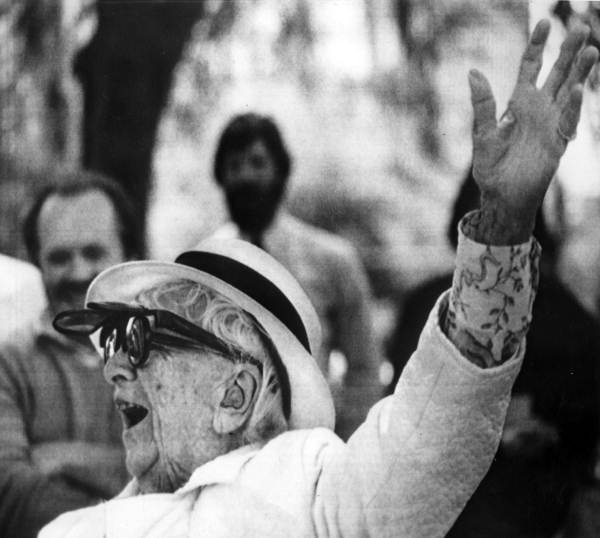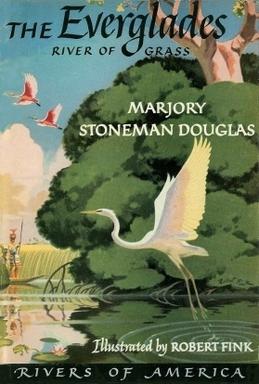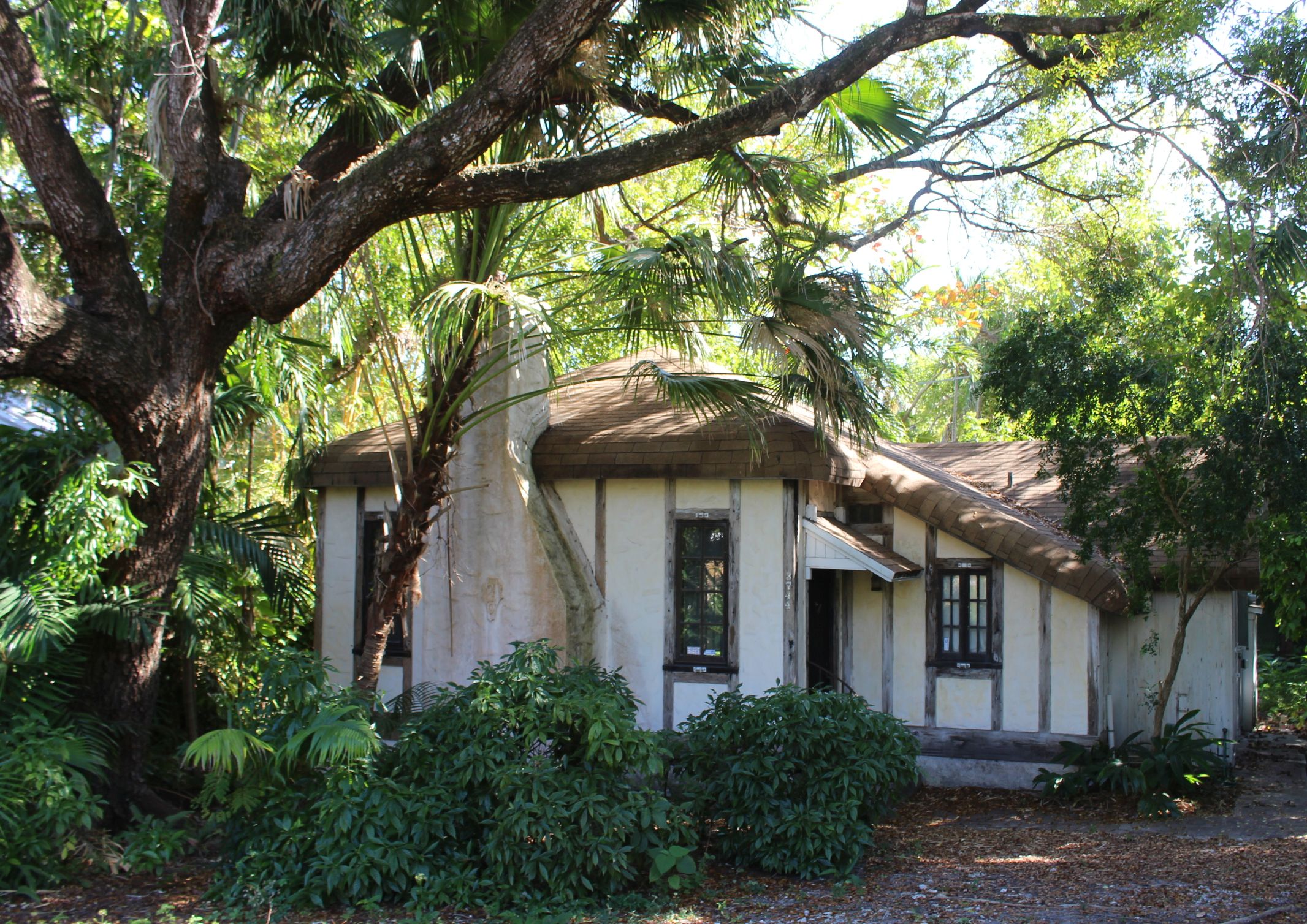Authors:
Historic Era: Era 9: Postwar United States (1945 to early 1970s)
Historic Theme:
Subject:
Spring 2018 | Volume 63, Issue 1


Authors:
Historic Era: Era 9: Postwar United States (1945 to early 1970s)
Historic Theme:
Subject:
Spring 2018 | Volume 63, Issue 1

Nothing can compare to the pain and agony felt by those who had family members and friends murdered or injured by a ruthless killer in 2018. Nonetheless, it is still sad that the name Margory Stoneman Douglas is now so tainted by association with this despicable act.

Douglas was a hero of mine, and I had the honor of meeting her when I was a young man. As the founder of the Friends of the Everglades, she is often called “the Rachel Carson of Florida,” although, in many ways, Douglas launched the modern environmental movement a decade before Carson published Silent Spring.

Born in 1890, Douglas fell in love with writing as a child and published her first article at age 16. After she graduated with honors from Wellesley in 1908, she moved to Miami, where her father was the first publisher of the newspaper that became the Miami Herald, and, in 1915, joined the paper’s staff, writing mostly society articles. She became an active suffragette, lobbying in Tallahassee for the right to vote.
During the First World War, she took time off to volunteer for the International Red Cross, helping war refugees in Paris.
After the war, she returned to the paper in Miami, becoming assistant editor and producing a daily column. Eventually, she left the Herald to focus on writing freelance articles and novels.
Douglas had an eloquent writing style, with passages such as this about the destruction of the Everglades by ranchers and developers: "Cattlemen's grass fires roared uncontrolled. Cane-field fires spread crackling and hissing in the saw grass in vast waves and pillars and billowing mountains of heavy, cream-colored, purple-shadowed smoke. Training planes flying over the Glades dropped bombs or cigarette butts, and the fires exploded in the hearts of the drying hammocks and